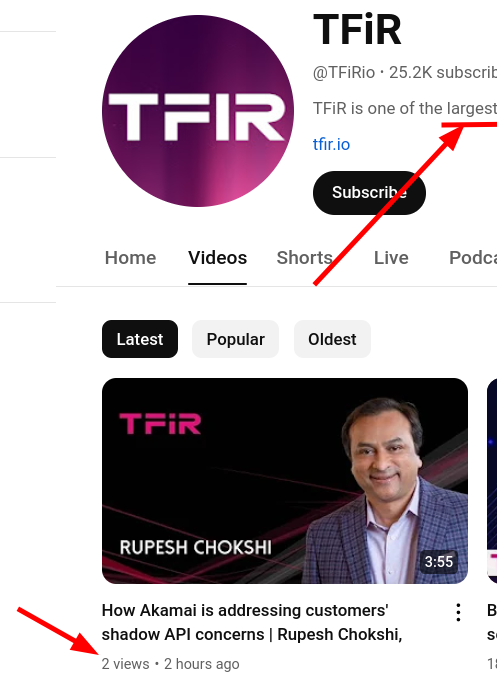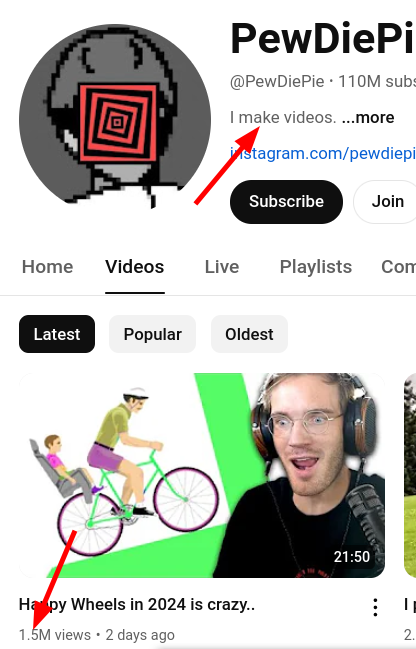Materialistic Culture of Fake Possessions and Fake Popularity
SOCIAL [sic] control 'media' is an utterly dumb human "invention" which not only boosts autocrats or facilitates bigoted trolls but also deceives at a high rate/speed on an unprecedented scale. It's just taking some of the worst elements of the Web, packing them up with some addictive elements* (borrowed from the gambling industry with tokens and pseudo-recognition), and preying on class consciousness/insecurities. Think about that for a moment. People can make up job titles for themselves (nobody verifies that in Microsoft's LinkedIn for example), ask friends to write pages about themselves (Wikipedia does not check), purchase 'friends'/'subscribers'/'followers' from account-farms operated from a third-world country (they can add fake ones manually or automate the process), pay for clickfraud, then buy media 'articles' about themselves. The frauds and charlatans who run the Linux Foundation have turned this into an entire business [1, 2].
In a nutshell, almost every idiot on the Web (who had no friends in school) can pretend to be some Web celebrity, 'influencer'... a star! With 'immaterial assets' such as 'likes', debt isn't necessary to fake one's status. One can covert time into fake popularity and many people do exactly that!
Meanwhile there are people who are busy getting things done and earning real accolades, not astroturfed on the Web using dodgy third parties or the grey market.
Fake popularity is part of a "chicken and egg" thing; maybe some phonies hope they can pull it off by pretending to be very important, then attract sponsors, then turn that into real importance (or perceived importance). Businesses do the same when they pile up a lot of debt, pretending to be vastly more potent or successful than they really are.
The considerable downside of all this is that eventually, as in at the very end (which is when faking becomes infeasible), it almost always collapses very hard. Business owners fall below a mountain of debt (which even a lifetime of hard work cannot pay back) and people suffer anxiety that leads to illness or worse.
They say that on the Internet, nobody knows you're a dog until you bark.
Well, in social control media nobody knows you're a loser until it becomes apparent that your entire life revolves around a fictional sense of self (fantasy) in some social control media account/s. All those networks or platforms or sites eventually go offline or get taken over (remember Digg.com?) and then the 'addicts' come to their senses. This was all a temporary delusion and there's a lot more to life than social control media. Life isn't showbiz and the average social control media site probably lasts no longer than half a decade, probably a lot less. █
_____
* Companies like Microsoft went as far as turning code into a 'popularity contest' where one can fake "productivity" with slop (plagiarism) and fake or "project" or "signal" popularity/activity by committing one line every hour/minute.



